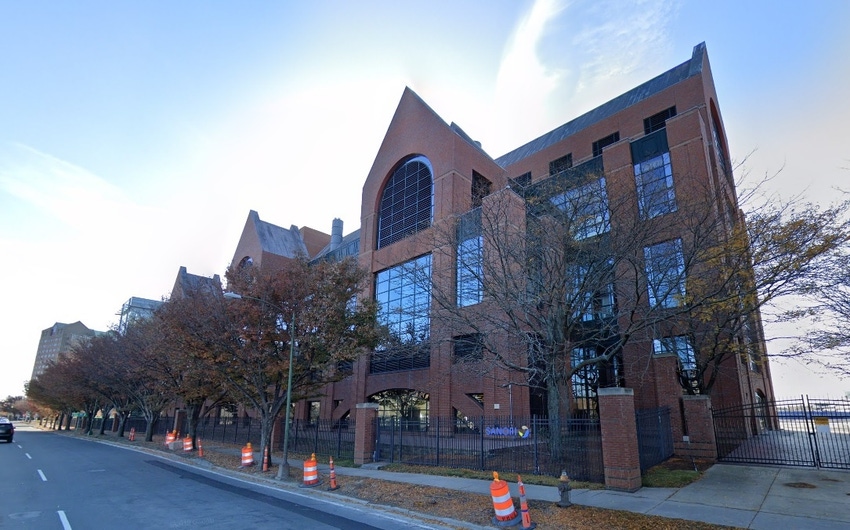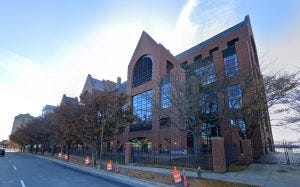Content Spotlight
Podcast: MilliporeSigma says education vital to creating unbreakable chain for sustainability
MilliporeSigma discusses the importance of people, education, and the benefits of embracing discomfort to bolster sustainability efforts.

Newly formed CDMO Resilience takes over the once-troubled Allston facility in Massachusetts from Sanofi, retaining all 250 staff.
Last November, ‘National Resilience’ – less formerly known as Resilience – raised over $800 million in funding and launched itself as a contract development and manufacturing organization (CDMO). At the time, the firm said it will provide “new, better, faster ways” to manufacture cell and gene therapies and alluded to having capacity at multiple facilities to carry out this mission.
Now the firm has confirmed it has acquired Sanofi’s Allston facility in Boston, Massachusetts (across the Charles River from Cambridge) for an undisclosed fee.

Sanofi’s facility in Allston, Boston, MA. Image c/o Google
“This facility will play an important role in our mission to build a first-of-its-kind ecosystem for advanced biopharmaceutical manufacturing,” Resilience spokesman Ryan Flinn told BioProcess Insider. “We aim to provide a network of high-tech, end-to-end manufacturing and development solutions to ensure the medicines of today and tomorrow can be made quickly, safely, and at scale.”
The 310,000 square-foot plant houses around 250 staff, all of which will be kept on, Flinn said.
“We have offered employment to all current employees, and substantially all have accepted. We’re also planning on hiring more people and expanding production at the site.”
French pharma firm Sanofi added the facility – along with manufacturing plants in Framingham, Massachusetts, Haverhill, UK, Waterford, Munster Ireland, and Geel, Belgium – through its $20.1 billion acquisition of Genzyme in 2011.
At the time, the Allston plant was under regulatory scrutiny. The plant temporarily shut down production in 2009 due to viral contamination and in March the following year the firm was issued with a US FDA consent decree.
Over 150,000 people hours were spent to decontaminate and restart production, but the troubles led to shortages of some of Genzyme’s enzyme replacement therapies made at the facility, including Cerezyme (imiglucerase) and Fabryzme (agalsidase beta). The latter therapy was
While production at Allston is a fraction of what it was during Genzyme’s heyday – Sanofi transferred manufacture of Fabryzyme out of Allston to the company’s Framington site in 2012, and has since reduced the workforce there – Resilience will continue to make biologics for the firm, at least in the short term.
“We will continue to produce the Sanofi product manufactured at the plant through the end of 2021 and will expand production in other areas,” Flinn said.
You May Also Like